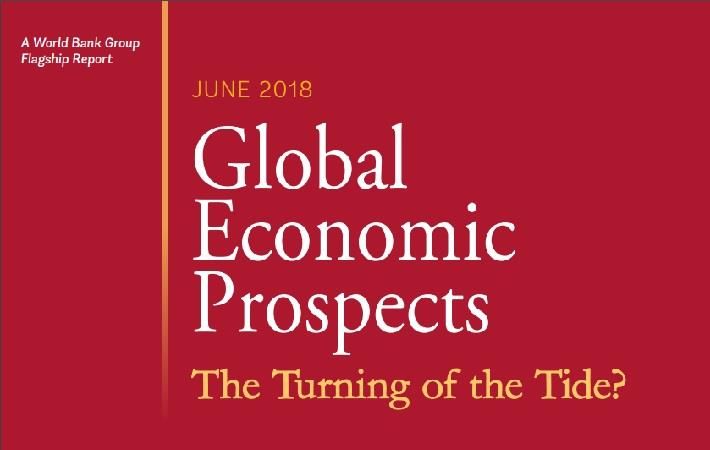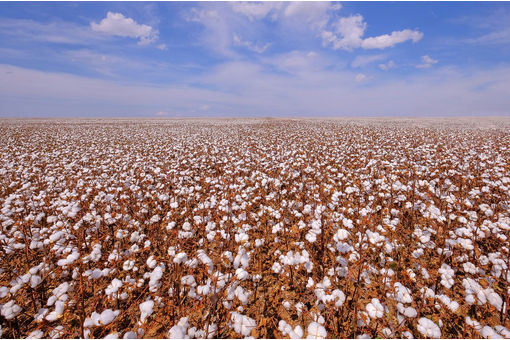Global economy to expand 3.1% in 2018: World Bank

Activity in advanced economies is expected to grow 2.2 per cent in 2018 before easing to a 2 per cent rate of expansion next year, as central banks gradually remove monetary stimulus, the June 2018 Global Economic Prospects, released by the World Bank, says. Growth in emerging market and developing economies overall is projected to strengthen to 4.5 per cent in 2018, before reaching 4.7 per cent in 2019 as the recovery in commodity exports matures and commodity prices level off following this year’s increase.
“If it can be sustained, the robust economic growth that we have seen this year could help lift millions out of poverty, particularly in the fast-growing economies of South Asia,” World Bank Group president Jim Yong Kim said. “But growth alone won’t be enough to address pockets of extreme poverty in other parts of the world. Policymakers need to focus on ways to support growth over the longer run—by boosting productivity and labour force participation—in order to accelerate progress toward ending poverty and boosting shared prosperity.”
However, the projected outlook is subject to considerable downside risks. “The possibility of disorderly financial market volatility has increased, and the vulnerability of some emerging market and developing economies to such disruption has risen. Trade protectionist sentiment has also mounted, while policy uncertainty and geopolitical risks remain elevated,” the report said.
A Special Focus (in the report) cautions that over the long run, the anticipated slowdown in global commodity demand could put a cap on commodity price prospects and thus on future growth in commodity-exporting countries. Major emerging markets have accounted for a substantial share of the increase in global consumption of metals and energy over the past two decades, but growth of their demand for most commodities is expected to decelerate, the Special Focus section says.
“The projected decline in commodities’ consumption growth over the long run could create challenges for the two-thirds of developing countries that depend on commodity exports for revenues,” said World Bank senior director for Development Economics, Shantayanan Devarajan. “This reinforces the need for economic diversification and for strengthening fiscal and monetary frameworks.”
Another Special Focus finds that elevated corporate debt can heighten financial stability concerns and weigh on investment. Corporate debt—and, in some countries, foreign currency debt—has risen rapidly since the global financial crisis, making them more vulnerable to rising borrowing costs.
“Policymakers in emerging market and developing economies need to be prepared to cope with possible bouts of financial market volatility as advanced-economy monetary policy normalisation gets into high gear,” said World Bank Development Economics Prospects director Ayhan Kose. “Rising debt levels make countries more vulnerable to higher interest rates. This underlines the importance of rebuilding buffers against financial shocks.”
After many years of downgrades, consensus forecasts for long-term growth have stabilised, a possible signal the global economy is finally emerging from the shadow of the financial crisis a decade ago. However, long-term consensus forecasts are historically overly optimistic and may have overlooked weakening potential growth and structural drags on economic activity, the report cautions.
The report urges policymakers to implement reforms that lift long-term growth prospects. A rapidly changing technological landscape highlights the importance of supporting skill acquisition and boosting competitiveness and trade openness. Improving basic numeracy and literacy could yield substantial development dividends. Finally, promoting comprehensive trade agreements can bolster growth prospects, the report said. (RKS)
Fibre2Fashion News Desk – India
































-Ltd..jpg?tr=w-120,h-60,c-at_max,cm-pad_resize,bg-ffffff)





.jpg?tr=w-120,h-60,c-at_max,cm-pad_resize,bg-ffffff)
.jpg?tr=w-120,h-60,c-at_max,cm-pad_resize,bg-ffffff)






